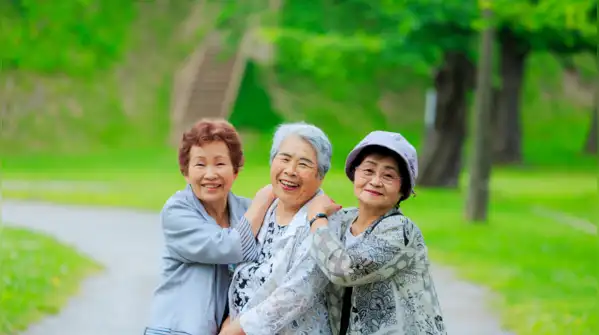
1/5
A small village with a big secret to life
Nestled on the subtropical island of Okinawa lies a sleepy little village called Ogimi. With fewer than 3,000 residents, this corner of Japan holds a powerful global title, it’s known as the Village of Longevity. In Ogimi, living past 100 isn’t unusual, it’s almost expected. The locals don’t just live long; they live well, with energy, clarity, and joy.
For decades, researchers like Dr Makoto Suzuki and Dr Bradley Willcox have studied Ogimi’s elders through the Okinawa Centenarian Study, revealing insights that challenge modern lifestyles. But beyond the popular headlines of "plant-based diets" and "low stress", the true magic of Ogimi lies in some lesser-talked-about cultural philosophies.
Here are three critically important, lesser-known lessons that come directly from Ogimi’s people, practices that don’t require expensive superfoods or biohacks, just a shift in mindset, daily rhythm, and connection.
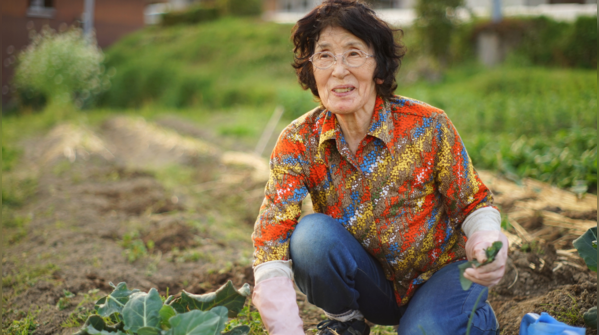
2/5
“Hara Hachi Bu” isn’t just a rule; It’s a ritual of gratitude
Many have heard about hara hachi bu, the Okinawan habit of eating until 80% full. But in Ogimi, this isn’t a strict diet tip, it's a deeply rooted ritual of gratitude. Before each meal, villagers recite “Itadakimasu”, a phrase meaning "I humbly receive". This small moment creates mindfulness, slowing down the pace of life and honouring the food, the farmers, and the earth.
Meals are eaten slowly, often in small dishes that focus on texture and seasonal colours. The food isn't rushed, and neither is life.
By stopping before fullness, insulin spikes are reduced, digestion improves, and inflammation lowers – all essential for healthy ageing.
Dr Bradley Willcox notes: “They eat low-calorie, nutrient-dense foods, but it’s their approach to eating that’s so powerful. It’s respectful, balanced, and tied to community.”
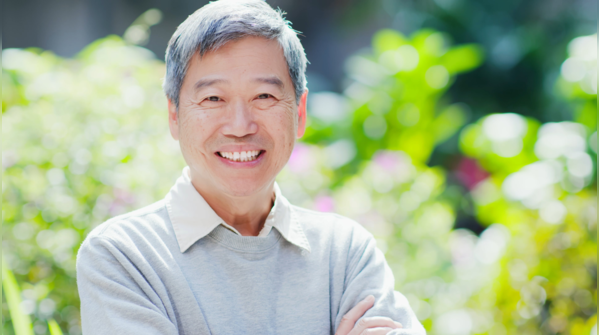
3/5
Longevity is a social agreement; The ‘Moai’ way
One of Ogimi’s most cherished traditions is the ‘moai,’ a lifelong social group of friends who support one another emotionally, financially, and spiritually. Moais aren’t just casual circles. They’re committed alliances, often formed in childhood and nurtured into old age.
Every person belongs to a moai, and there’s a shared sense of purpose in growing old together. From group meals to singing sessions, this support system is a daily feature of life.
These groups offer more than the company. They offer accountability, emotional relief, laughter, and protection from loneliness, which research links to higher mortality risk than obesity or smoking.
As Dr Willcox explains, “Social connectedness is their health insurance. That’s why they age so gracefully, with fewer chronic illnesses.”
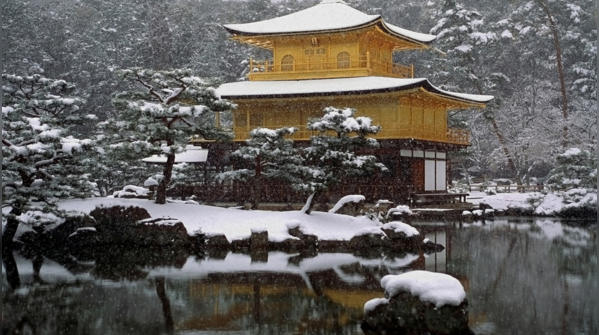
4/5
Nature is a living teacher, not a weekend retreat
In Ogimi, nature isn’t something to escape to, it’s something to live inside of. The villagers walk daily through lush green hills, pray at sacred groves, and maintain vegetable gardens well into their 90s. Nature isn’t decoration here; it’s direction.
The elders don’t go to the gym. Their physical activity comes from climbing steps, tending to gardens, and dancing at festivals. Their hands stay in the soil, and their eyes on the ocean.
This intimate connection with the land teaches patience, rhythm, and acceptance. Seasonal eating and living in sync with sunrise and sunset align the body’s circadian rhythms, which modern science now links to better metabolism and mood regulation.
"In every leaf and root, there’s a rhythm,” said one 104-year-old resident during a 2015 interview with Okinawa Times. “We just follow it.”
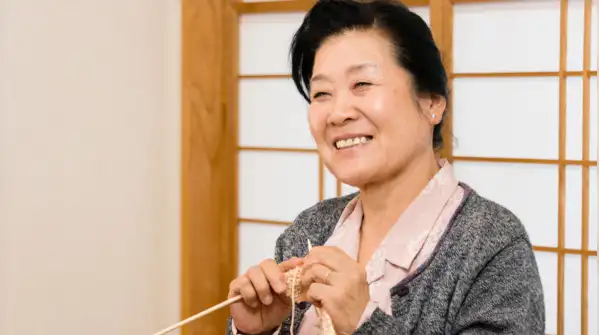
5/5
What can be adopted?
Living like Ogimi doesn’t mean moving to Japan. But it does mean questioning the fast-paced, disconnected ways of modern life. A few slow meals, a tighter circle of trust, and more time in green spaces can gently shift the body and mind toward balance.
It isn’t about doing more, it’s about doing with intention.[This article is for informational purposes only and should not be considered medical advice. Please consult a healthcare professional before making any significant lifestyle changes.]
Follow Us On Social Media

 9 hours ago
48
9 hours ago
48
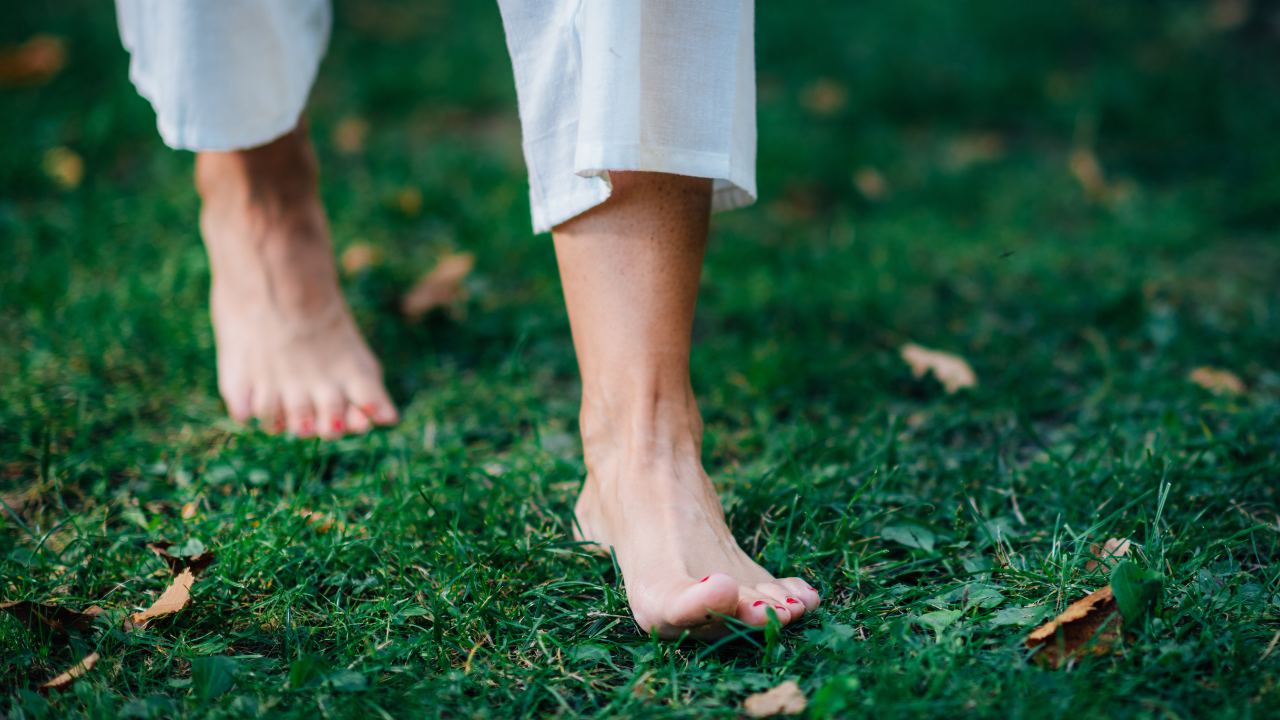



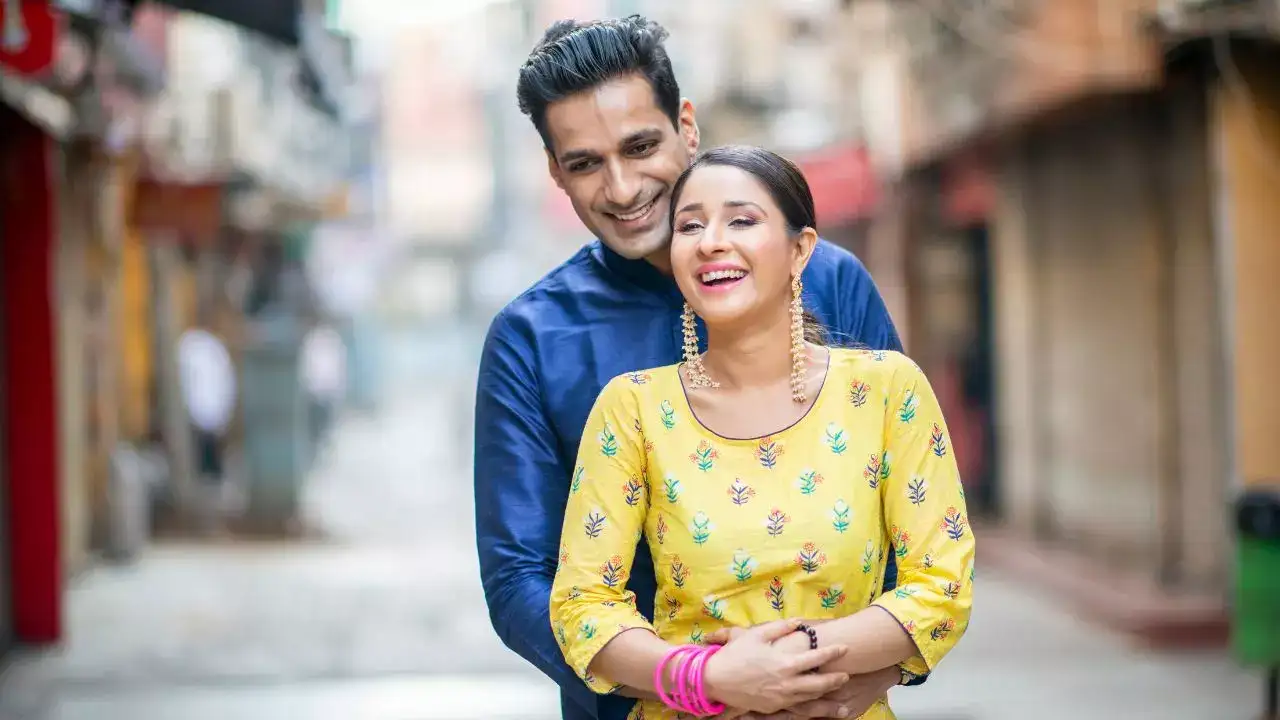




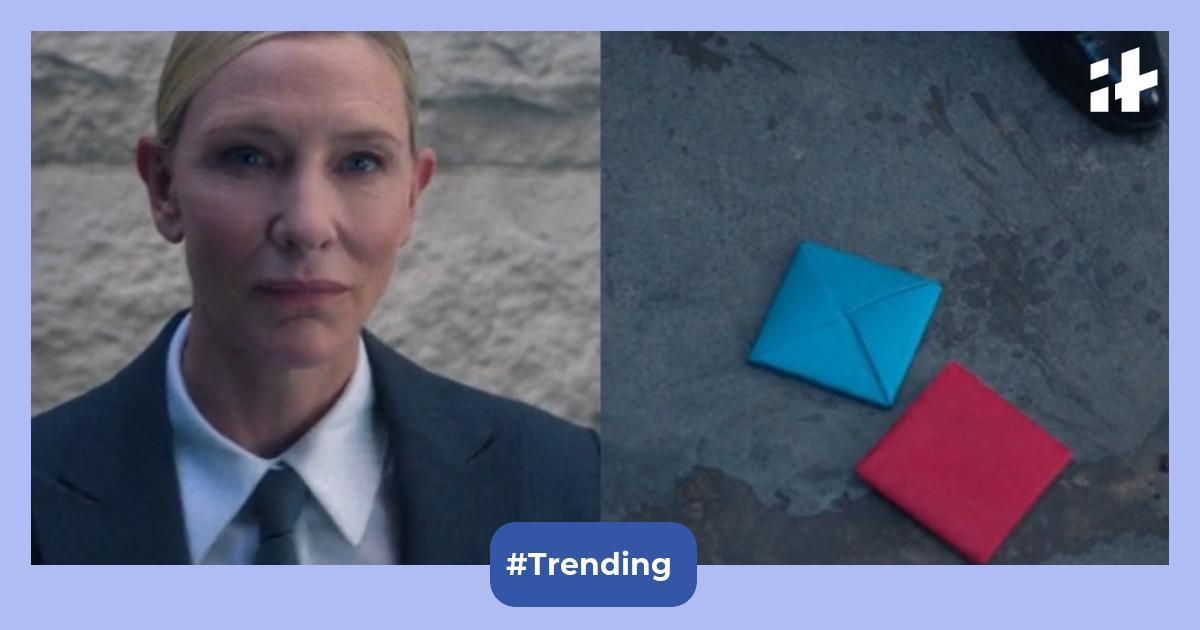


















 English (US)
English (US)